
Reflections by Maxie Dunnam
As persons created by ‘God in His image we are Children of God. Can you think of a better name to be called? Child of God.
Scripture notes over and over again how important that is. God notes even the fall of sparrows, and we are more important than a sparrow. What a powerful way He put it, “Even the hairs on your head are all counted.”
We don’t have to worry if we know that we are important to God. Nor do we ever have to prove to others that we are worthy of their love.
When we truly live up to the glorious title we bear, children of God, the image of God can readily be seen in us. Years ago I heard a story that dramatically confirms this. A minister’s wife noticed a small boy selling newspapers.
He stood in his bare feet over the grating of a hot air vent outside a bakery to stay warm. Moved by pity, she asked him, “Where are your shoes? He replied, “Lady, Iain’t got no shoes.” She took him to a department store and bought him new socks and shoes.

The lad ran off without a word of thanks, and at first, she was a bit disappointed. Suddenly he burst back into the store and exclaimed, “Lady, I forgot to thank you for these socks and shoes, and I do thank you. But, lady, I wanna ask you a question. Are you God’s wife?” Taken aback, she stammered, “Why–ah-no I’m just one of his children.” The boy replied, “Well, I knowed you must be some kin to him.”
Whenever we Christians project an image of God as he was revealed in Jesus Christ others recognize our kinship with Him. I can’t think of a better way to be named, Children of God.
-Maxie Dunnam

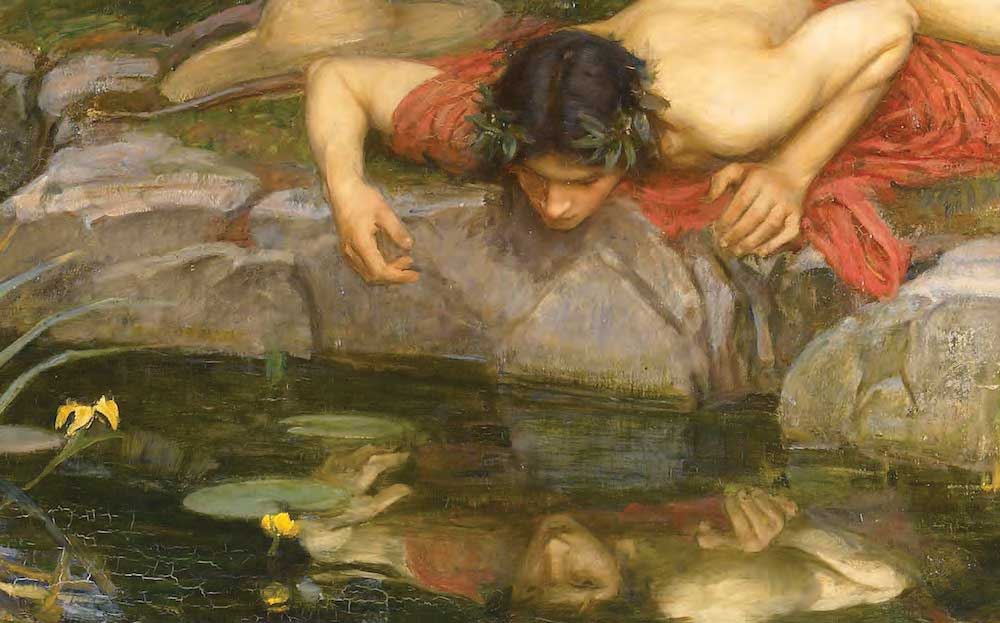


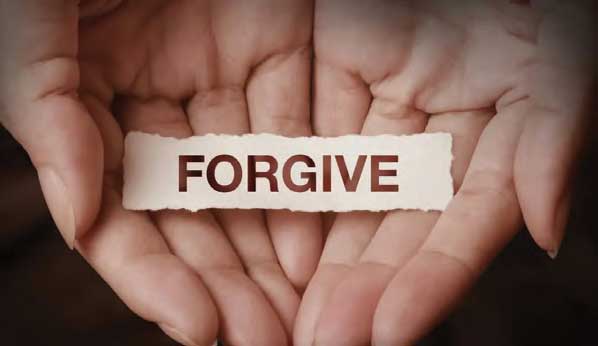



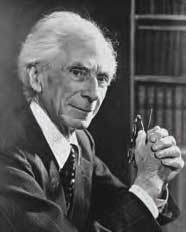
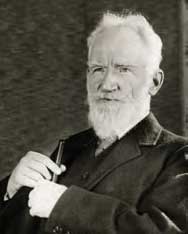
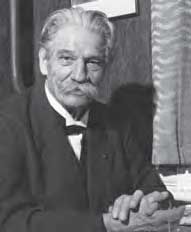
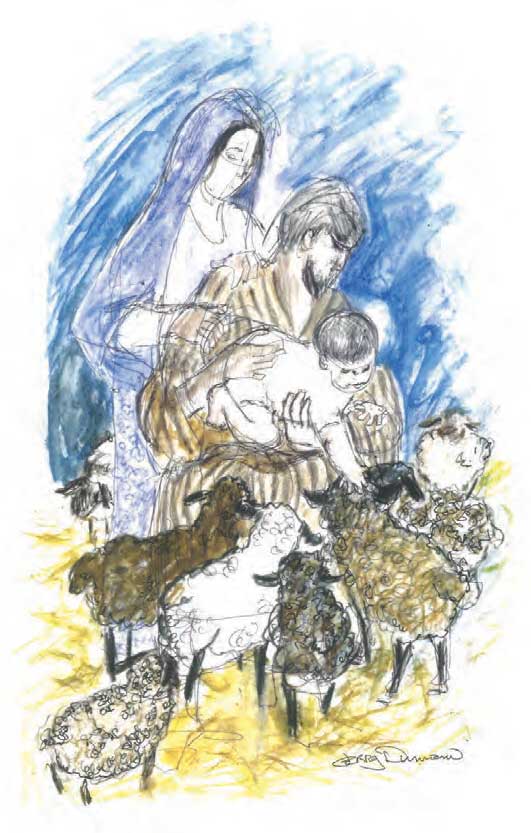



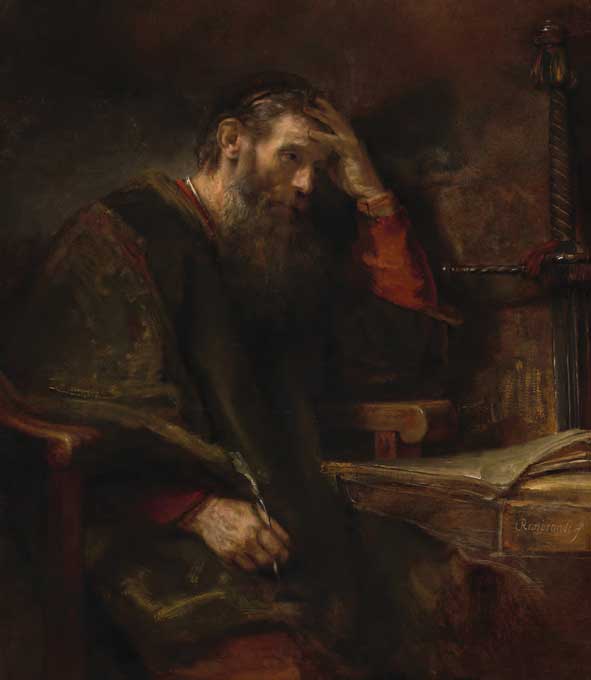


 © 2025 Kirby Pines LifeCare Community. All Rights Reserved |
© 2025 Kirby Pines LifeCare Community. All Rights Reserved | 